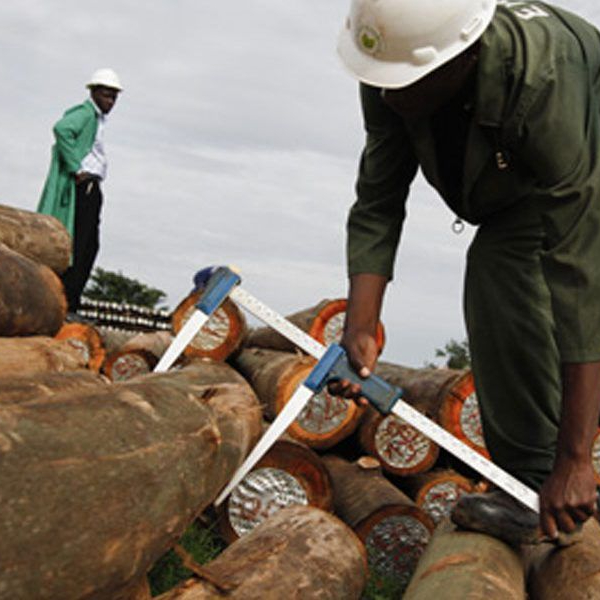
This is a unique study tour focused on the extreme challenges and opportunities faced in establishing sustainable plantations in the world’s least developed and poorest markets. The tour will look at the potential, but also the problems, obstacles, mistakes, and lessons learnt. Participants will hear about and see for themselves infield, some innovative solutions adopted by one of Africa’s leading greenfield forestry companies.
The tour will be hosted by WWF-Uganda and The New Forests Company (NFC), which manages sustainable plantations in Rwanda and Tanzania and has experience in other African countries.
There will be two principal themes:
Greenfield plantation development as an engine for socio-economic transformation in African economies
We will look at the impact of plantations on rural socio-economic development and poverty alleviation. Topics will include community dialogue and social inclusion, how to build shared value with poor and poorly educated neighbours, revenue sharing, social impact and risk mitigation. We will also examine models such as payments for ecosystem services co-designed with communities, and village savings and loan associations.
Building from the local level, we will discuss how plantations can contribute to macroeconomic development – including through job creation and skills development, as an economic multiplier, to substitute for imported materials, and in growing the local tax and government revenue base. We will also look at their strategic contribution to rural electrification, and in turn preventing deforestation for cooking fuel/ charcoal.
Challenges accessing long-term financing for sustainable greenfield forestry in high-risk geographies – where it is needed most.
We will look at opportunities and models for financing much-needed development. These include the ‘blended return’ approach – where value is given to economic, social and environmental benefits as well as to financial returns; impact investing; and long-term patient equity capital. We will discuss the correct mix of equity and debt financing and long-term debt structures, and the critical role of development finance institutions, climate change funds and other key financiers.
As a New Generation Plantations (NGP) participant, NFC is committed to the principles of maintaining the integrity of ecosystems, protecting high conservation values, working with the communities, and contributing to economic growth and employment. NFC has developed a comprehensive shared value strategy to maximize the social, environmental and economic impacts of its forestry and wood products business in Uganda, Rwanda and Tanzania. It is pioneering a groundbreaking new community engagement approach called “Forests for Prosperity”.
The company has 27,000 hectares of planted forest, FSC certified, and more unutilized land to plant, making it the second-largest private tree planter in East Africa. Africa’s largest producer of electricity poles, it has two sawmills, one dry mill and four transmission pole treatment plants.
We look forward to discussing these daunting challenges and exciting opportunities on the ground in this unique environment. By bringing together stakeholders from around the world, we aim to create new ideas and solutions that are relevant to sustainable plantation development in Africa and globally.
